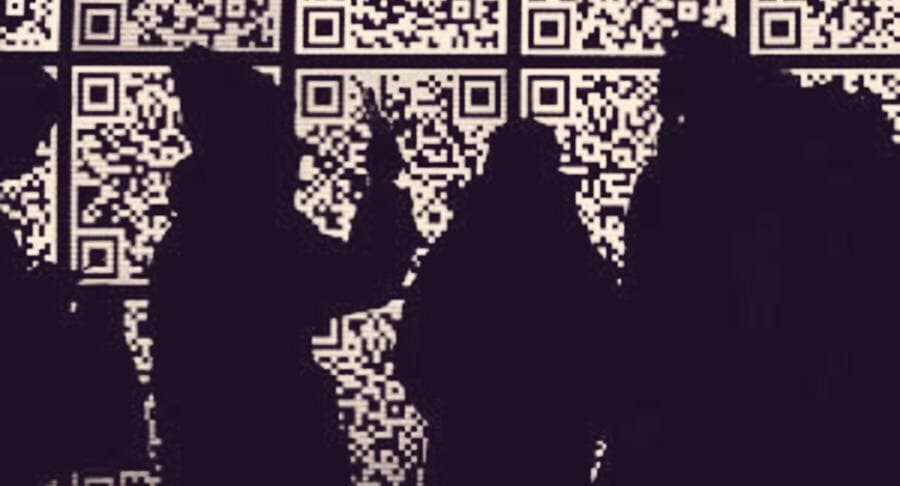QR Code Legislation May Be Reviewed in December
Both bills regarding the introduction of QR codes—in public places and on transportation—are expected to be considered in the first reading by the State Duma in December. This information was reported to RBC by two sources in the lower house. However, these initiatives have not yet been included in the preliminary work plan of the Duma.
“The fact that the bills are not included yet does not mean they won’t be considered,” one of the sources explained to RBC. “There are plans for these bills in December.” This information was also confirmed by a source in the parliament to Znak.com.
The government submitted the QR code bills to the State Duma on November 12. The proposed regulations are expected to remain in effect until June 1, 2022.
What the Bills Propose
The first bill states that citizens will be able to visit “venues for mass events, cultural institutions, food service establishments, and retail outlets” only if they present a QR code confirming vaccination, documentation of recovery from COVID-19, or a medical exemption from vaccination. The second bill concerns the purchase of train and airline tickets. For intercity and international travel, a QR code, proof of antibodies, or a medical exemption will be required.
The relevant State Duma committee has already approved the government’s bills. Lawmakers have stated that the amendments comply with part 3 of Article 104 of the Russian Constitution. QR codes have already been introduced within the parliament itself.
Delays and Regional Concerns
Despite this, the parliament is in no rush to pass the bills. A week ago, State Duma Chairman Vyacheslav Volodin announced that the QR code bills would be sent out for review to the regions, the Public Chamber, the Accounts Chamber, and the Federation Council.
The discussion of the amendments will continue until December 14, even though it was initially planned to adopt both documents as a priority. According to Meduza, many Russian regions are hesitant to implement the QR code system due to fears of mass protests. However, regional leaders are unlikely to voice their positions until President Vladimir Putin’s stance on the issue becomes clear.
Sources claim that the Presidential Administration’s Internal Policy Department opposes the strict wording of the laws, fearing increased protests. Officials are also dissatisfied that the restrictions are negatively affecting President Putin’s approval ratings. In some regions, there are literal fears of unrest, according to a Meduza source close to the government’s social policy bloc.
Disagreements Within the Government
There are also disagreements within the cabinet itself, which, according to sources, is divided into “sanitarians” and “economists.” Officials responsible for epidemic control support strict measures and the introduction of QR codes to speed up vaccination. Their colleagues in charge of the economy reportedly fear that strict measures could worsen the economic situation.
In the future, the term “QR code” may be removed from the bills and replaced with a less strict term, such as “health passport.”
Public Reaction and Protests
The introduction of QR codes has sparked a wave of protests in many regions. Rallies and pickets have taken place in both large and small cities, and several video appeals to the President have been recorded, for which the organizers were later held administratively liable under the “law on rallies.” However, this has not stopped people; in some cities, such as Volgograd, protesters even stormed the Rospotrebnadzor building, paralyzing its operations.
On a day-to-day level, the introduction of the new system has already led to numerous conflicts.



